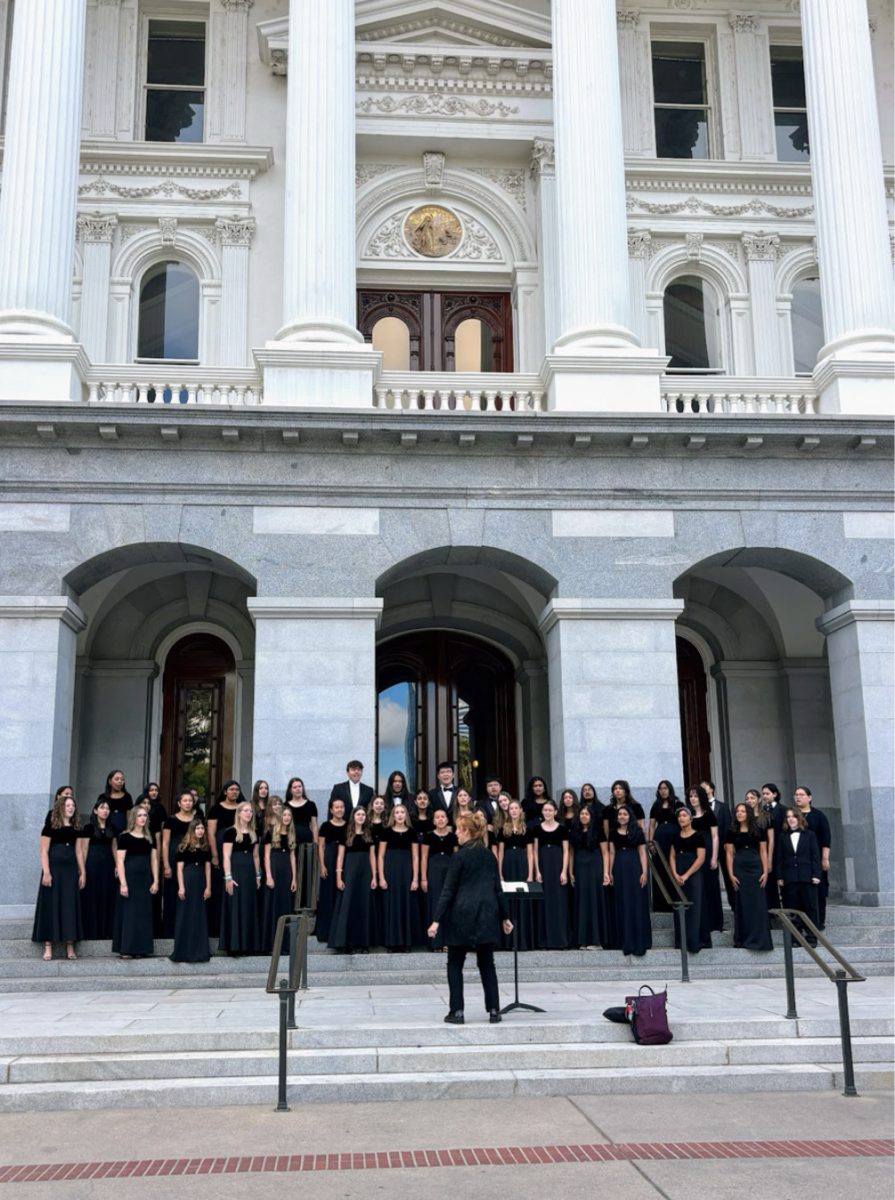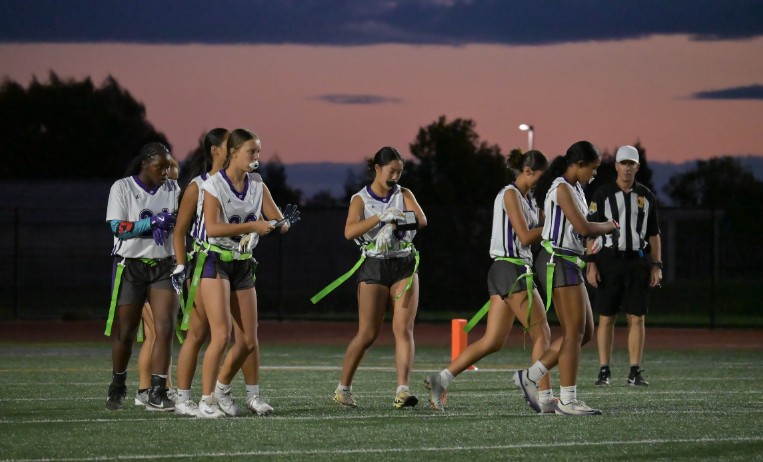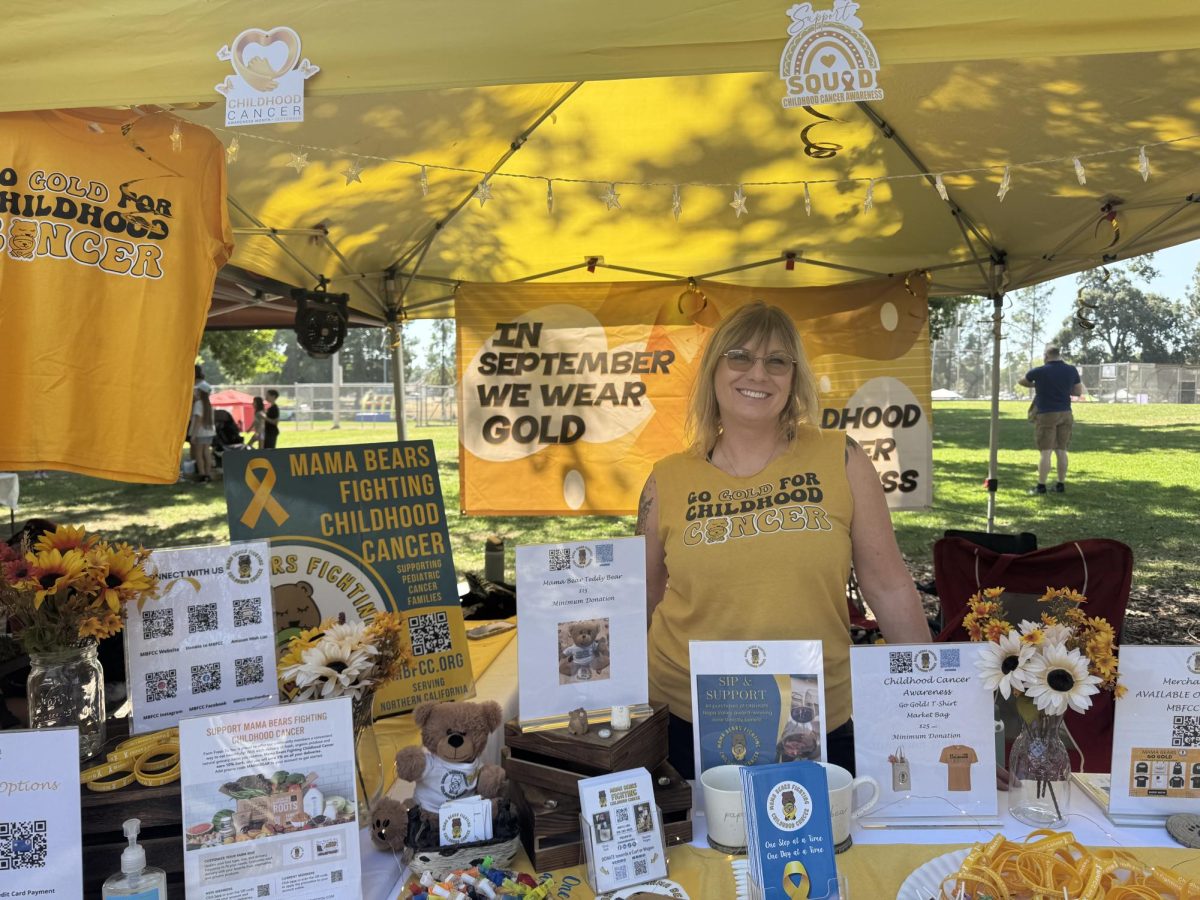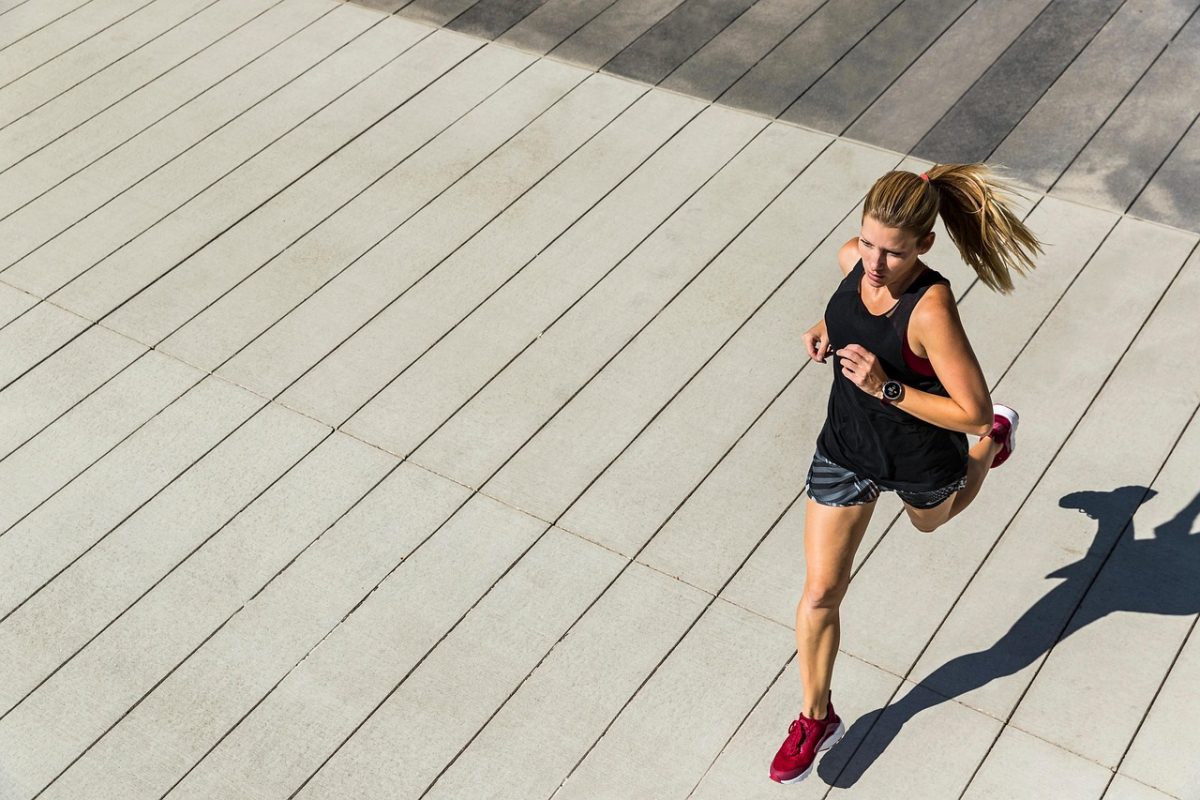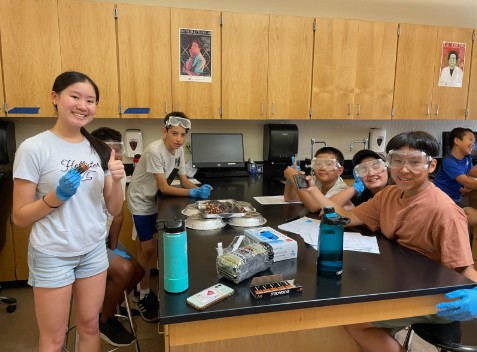It’s 5 a.m. The sun hasn’t risen but the whole family is awake.
Easha Ali is a college freshman who follows the yearly traditions of Ramadan, a holy month for Muslims that commemorates the revelation of the Qur’an.
After eating a full meal with her family before sunrise to prepare for a day of fasting, she prays Fajr (one of the five daily prayers Muslims are required to pray) and completes other religious activities before sleeping for a few hours and doing homework.
Before anyone realizes it, it’s sunset and the Maghrib Adhan, the Muslim call to prayer, is going off, indicating it’s time to break the fast. Ali spends the rest of her day at the masjid (religious house of worship for Muslims).
“Later that night, we go pray Taraweeh at the mosque and my mom is the security there,” Ali said. “So she makes sure the lines are filled when we pray, provides water bottles and makes sure everyone is safe outside. My dad helps in providing the water bottles inside the men’s prayer rooms.”
Ali is just one of millions of Muslims across the United States who partake in Ramadan (the ninth month of the Islamic Calendar) and fast from sunrise to sunset throughout the entire month.
Why do Muslims fast during Ramadan?
It’s a command in the Qur’an, Ali explained.
Why is Ramadan important?
“The Qur’an was revealed during Ramadan,” Ali said. “The Qur’an was sent down from the Preserved Tablet (Lawh al-Mahfooz) to the lowest heaven on the Night of Decree … It was gradually revealed to Prophet Muhammad for 23 years.”
Muslims also believe Satan is locked up for the entire month, allowing a chance for them to become closer to Allah through extra acts of worship.
“It prepares us for the rest of the year and strengthens our faith to continue worshiping Allah after Ramadan as well,” Ali said. “In Ramadan we fast, worship Allah constantly and pray at night (the) Taraweeh prayer.”
During the month of Ramadan, Muslims also unite and foster connections within their communities through various means.
“During Ramadan, my family will take turns hosting the iftar (the fast-breaking meal for Muslims),” Sahaar Tukhi, a volunteer at Tarbi said. “Each house usually brings a dish so nobody is too overwhelmed … There are specific foods that remind me of the time, like fried potatoes.”
Muslims also make many memories during this sacred month, especially during iftar.
“The iftar would be with the community so that was extra special,” said Umaima Atta, the Dawah Coordinator at Annur Islamic Center. “Then we’d stay over at the masjid after the night prayers and recite Qur’an or have Islamic discussions before we would eat suhoor (the meal eaten before sunrise, which is when the fast starts) together … That was a very special experience.”
Atta said she cherished the way Ramadan helped foster connections with her family.
“I remember when I was little, we would all go to my grandmother’s house,” Atta said. “We were too young to fast so we would spend the time before we broke fast playing on the mini playground in her backyard. Once it started getting dark we knew it was almost time to break fast, so we would all run inside to wash up and prep food and drink for the adults to break their fasts.
“Then my uncle would lead everyone in prayer. He taught me how to pray, I loved listening to him recite Qur’an. My grandma no longer lives in that house and my Ramadan nights are not as eventful, so I will always treasure those times.”
For many Muslims, nothing else compares to the last 10 days of Ramadan. It’s believed to contain Laylatul-Qadr, also known as the “Night of Destiny,” a night worth a thousand months of rewards.
“Last Ramadan I stayed at the mosque and didn’t leave it at all for the last 10 days and nights,” Atta said. “I took a break from college, and I would stay at the mosque during the day studying the religion and its jurisprudence in depth. … It was the best experience of my life.”
Muslims engage in all sorts of forms of worship during this time, one of the most prominent being Qiyam nights.
“We basically stay the night at the mosque,” Ali said. “We spend the whole night connecting ourselves to Allah through activities and small talks by a speaker.”
It can be a big challenge for many Muslims during Ramadan to balance religious obligations with school and work.
“Fasting brings a lot of fatigue, but I am also so grateful to be homeschooled,” said Sarah Saleem, a high school sophomore at The Cottonwood School. “It brings much more flexibility to my schedule.”
Saleem said she forms her schedule around her classes and the amount of homework she has, while using an Athan clock to give salah reminders (reminders to pray the five obligatory prayers for Muslims).
Atta described the challenge of studying during Ramadan.
“It’s a hot mess if I’m being honest.” Atta said. “It’s a lot of, ‘I’ll study after I break fast,’ then ‘I’ll study right before I go to sleep,’ then it’s, ‘I’ll study in the morning.’”
Ramadan ends on a festive note, with Eid-ul-Fitr.
“Eid is a day of happiness and sharing that happiness with our community after a month of fasting,” Atta said. “On this day, we rejoice at the completion of another Ramadan in our lifetime and hope that our reward has been secured to meet our Lord.”
Muslims are not allowed to fast on Eid day – it is only a day for celebration. Many people spend the day getting ready to meet family and friends, attend Eid prayers and other activities. Children receive candy, balloons and possibly even goodie bags, while adults get donuts and coffee.
“I like to call it the Muslim Met, because of how people dress up on that day,” said Mennatullah Mohamed, a high school sophomore. “Seeing friends and family is really nice. I think one of my favorite Eids was when my friends and I had a gift-exchange … It was super cool, and I enjoyed spending time with them.”
For some, the end of Ramadan month can be bittersweet.
“I’m always slightly sorrowful at the end of the month of Ramadan, and a void is left in my heart,” Atta said. “However, I understand that the day of Eid is a day of gratitude to Allah for allowing us to witness another beautiful month, so I try to look forward to next Ramadan and hope that I’ll get to see it.”



